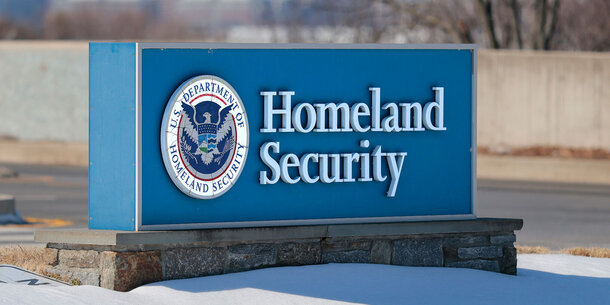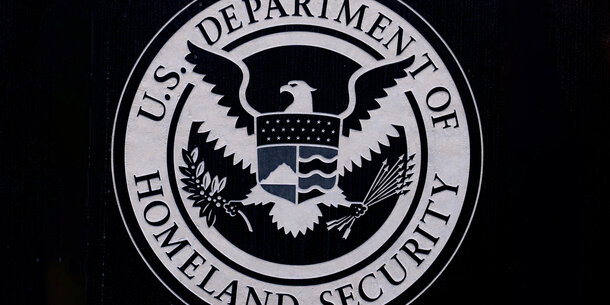The final year of Donald Trump’s presidency — and the early months of Joe Biden’s — exposed several flaws in the laws that authorize and constrain the deployment of military forces on American soil. First, in response to predominantly peaceful protests following George Floyd’s murder, the Trump administration summoned a large contingent of National Guardsmen to Washington, D.C. against the mayor’s wishes, exploiting loopholes in Title 32 of the United States Code to circumvent the Posse Comitatus Act and dispense with the procedures outlined in the Insurrection Act. Second, during the January 6 insurrection at the U.S. Capitol, the D.C. mayor’s request to deploy local National Guard personnel languished before an unresponsive administration, hampering the D.C. government’s handling of an ongoing crisis. And in the early months of the Biden’s administration, the Governor of South Dakota solicited private donations to fund a deployment of her state’s National Guard to the southern border, an act of political theater that raised the specter of corruption and mercenary action.
This year’s National Defense Authorization Act (NDAA) (H.R. 4350), as reported by the House Committee on Armed Services, contains provisions to address each of these statutory shortcomings. The D.C. National Guard Home Rule Act (Subtitle F) would place the D.C. Guard under the permanent control of the mayor rather than president, a shift that would render it more responsive in times of crisis and fortify the protections of the Posse Comitatus Act. Section 504, proposed by Representative Mikie Sherrill (D-NJ), would bar interstate deployment under Title 32 of the United States Code without the consent of the host jurisdiction, while Section 503, an amendment offered by Representative Veronica Escobar (D-TX), would largely outlaw the use of private funds for National Guard deployments across state lines.
Taken together, these changes would help guard against politicized abuses of domestic military deployment. The Brennan Center urges the Biden administration to support these three provisions of the 2022 NDAA.
Coalition Letter Urges Biden to Support Reforms to Domestic Deployment of the National Guard by The Brennan Center for Justice on Scribd

